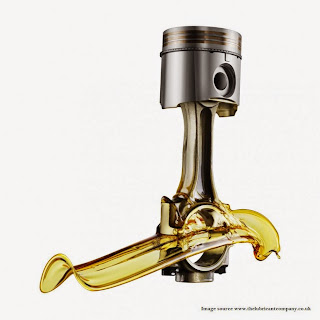Minimally Invasive Surgery Device Market worth $32.7 billion by 2025
The advantages of minimally invasive surgeries over traditional open
surgeries and the increasing number of minimally invasive surgical
procedures across the globe are the key factors driving market growth.
According to research report minimally invasive surgery device market is expected to grow from USD 20.1 billion in 2019 to USD 32.7 billion by 2025, at a CAGR of 8.5%.
Download PDF Brochure: https://www.marketsandmarkets.com/pdfdownloadNew.asp?id=682
By type of surgery, the cardiothoracic surgery segment accounted for
the largest share of the global MIS instruments market in 2018.
Based on type of surgery, the global minimally invasive surgery device
market is divided into cardiothoracic surgery, gastrointestinal surgery,
orthopedic surgery, gynecological surgery, cosmetic & bariatric
surgery, urological surgery, and other surgeries. The cardiothoracic
surgery segment accounted for the largest share of the global minimally
invasive surgery device market in 2018. The large share of this segment
can be attributed to the rising prevalence of cardiac diseases, growing
awareness about the benefits of early detection of cardiovascular
complications, the growing number of coronary and percutaneous
cardiology interventions, and increasing adoption of MIS instruments
owing to their convenience and better results as compared to other
techniques.
The hospital segment accounted for the largest share of the global MIS instruments market in 2018.
Based on end user, the global minimally invasive surgery device market
is divided into hospitals and ambulatory surgery centers & clinics.
The hospitals segment accounted for the largest share of the MIS
instruments market in 2018 due to the large number of minimally invasive
surgical procedures performed in hospitals owing to the presence of
highly skilled healthcare professionals.
Handheld instruments accounted for the largest share of the global MIS instruments market in 2018.
Based on product, the minimally invasive surgery device market is
segmented into handheld instruments, inflation devices, surgical scopes,
cutting instruments, guiding devices, electrosurgical &
electrocautery instruments, and other instruments. Handheld instruments
accounted for the largest share of the MIS instruments market in 2018,
owing to factors such as the increasing number of surgical procedures
and the development of high-dexterity, low-cost articulating
laparoscopic handheld surgical instruments.
North America accounted for the largest share of the market in 2018.
In 2018, North America accounted for the largest share of the global
minimally invasive surgery device market, followed by Europe. The large
share of the North American market can be attributed to the large volume
of surgical procedures performed in North American countries due to
early diagnosis and treatment, high cost of procedures as compared to
developing regions, increasing number of surgical centers, and growing
adoption of minimally invasive surgical techniques.
Get Report sample: https://www.marketsandmarkets.com/requestsampleNew.asp?id=682
The major companies in the global minimally invasive surgery device
market include Medtronic plc (Ireland), Johnson & Johnson (US),
Stryker Corporation (US), B. Braun Melsungen AG (Germany), Smith &
Nephew plc (US), Boston Scientific Corporation (US), and CONMED
Corporation (US).
Key questions addressed by the report:
•Who are the major players in the MIS instruments market?
•What are the regional growth trends and the largest revenue-generating regions in the MIS device market?
•What are the major drivers and challenges in the MIS device market?
•What are the major product segments in the MIS instruments market?
•What are the major end users in the MIS device market?

Comments
Post a Comment